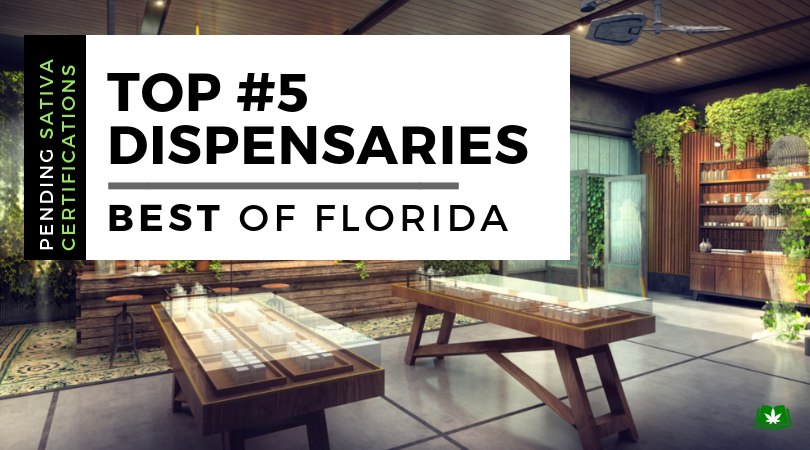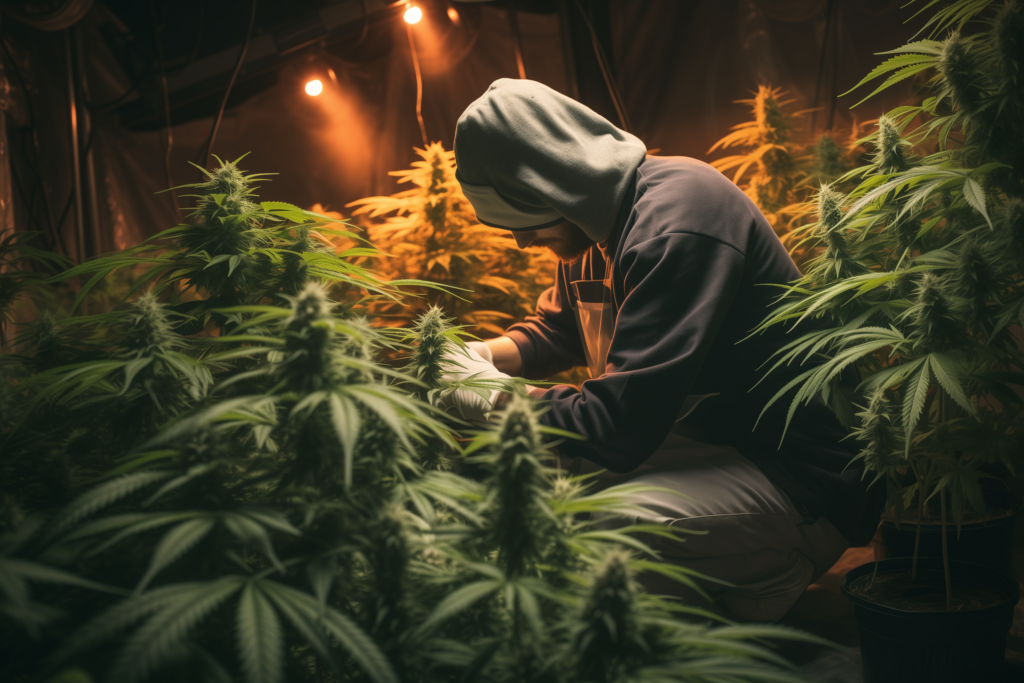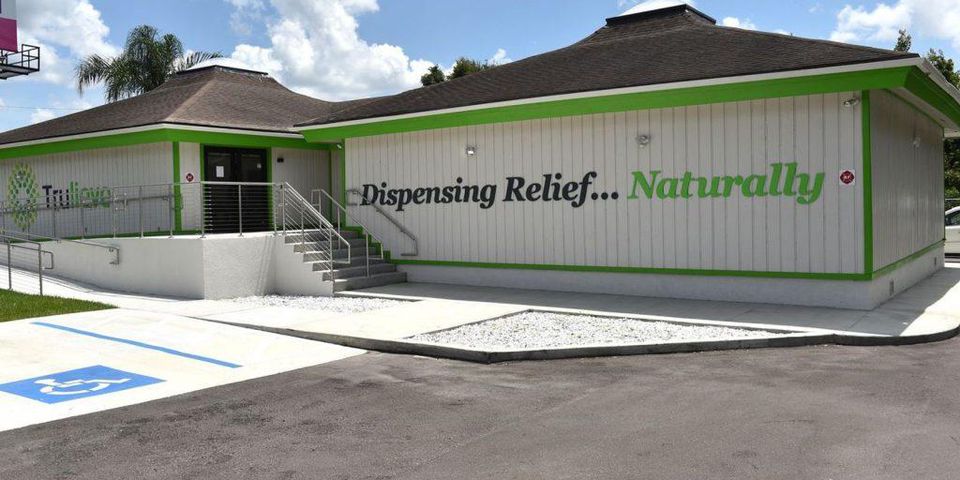Massachusetts Marijuana Laws

Introduction
Welcome to our in-depth guide on Massachusetts’ marijuana laws, brought to you by Learn Sativa University. In this guide, we provide up-to-date information on the state’s cannabis regulations and also offer extensive courses and certifications to enhance your understanding and capabilities within the marijuana sector.
Section 1: Overview of Massachusetts’ Cannabis Laws
Massachusetts has taken significant strides in cannabis legislation, legalizing medical marijuana in 2012 and recreational marijuana in 2016. Keeping abreast of these laws is essential for residents, business operators, and visitors.
Medical Marijuana Laws in Massachusetts
- Legal Age: 18 years or older, with a physician’s recommendation.
- Legal Personal Possession Weight: Qualified patients are allowed to possess up to a 60-day supply, generally limited to 10 ounces.
- Detailed regulations: Massachusetts Medical Use of Marijuana Program.
Recreational Marijuana in Massachusetts
- Legal Age: 21 years or older.
- Legal Personal Possession Weight: Individuals are allowed to carry up to 1 ounce of marijuana or 5 grams of marijuana concentrate.
- Further details: Massachusetts Law about Recreational Marijuana.
Section 2: Cultivation Laws
In Massachusetts, personal cultivation laws are clearly defined:
- Plant Count: Individuals can grow up to 6 marijuana plants per person, with a maximum of 12 plants per household.
- Cultivation details: Guidance on Home Cultivation.
Section 3: Licensing for Medical and Recreational Use
The state provides distinct pathways for medical and recreational cannabis licensing:
- Licensing Information: The Cannabis Control Commission is responsible for regulating and licensing activities in the cannabis industry.
- Licensing Portal: Massachusetts Cannabis Control Commission.
Section 4: Business Regulations and Compliance
Navigating business regulations is critical for success in Massachusetts’ cannabis market:
- Business Compliance: Comprehensive rules and regulations for cannabis businesses are outlined by the Cannabis Control Commission.
- Business regulations: Massachusetts Cannabis Industry Portal.
Section 5: Legal Consumption and Transportation
Laws around consumption and transportation of cannabis in Massachusetts include:
- Legal Consumption: Marijuana use is permitted in private residences, but public consumption is illegal.
- Transportation: Transporting the legal amount of cannabis is allowed, but consuming cannabis in any form while driving is prohibited.
- DUI Laws and Safety: Information on Impaired Driving.
FAQs: Massachusetts Marijuana Laws
- What are the legal requirements for recreational marijuana use in Massachusetts?
- In Massachusetts, individuals must be 21 years or older to legally use recreational marijuana. It’s also legal to possess, purchase, and carry up to 1 ounce of marijuana or 5 grams of marijuana concentrate outside of one’s home.
- Can you grow marijuana at home in Massachusetts?
- Yes, Massachusetts law allows adults to grow up to 6 marijuana plants per person, with a maximum of 12 plants per household, regardless of the number of adults.
- What are the rules for medical marijuana in Massachusetts?
- Medical marijuana is legal for patients with a qualifying condition and a certification from a registered healthcare provider. Patients can possess a 60-day supply of up to 10 ounces from a Medical Marijuana Treatment Center.
- Where is it legal to consume marijuana in Massachusetts?
- Marijuana consumption is restricted to private properties and is not permitted in public places, including federal land and properties, where tobacco smoking is prohibited.
- Is it legal to drive under the influence of marijuana in Massachusetts?
- Driving under the influence of marijuana is illegal in Massachusetts. The law prohibits operating a vehicle while impaired by any substance, including marijuana.
- How does Massachusetts regulate the sale of recreational marijuana?
- The sale of recreational marijuana is regulated by the Cannabis Control Commission, and it is sold exclusively at licensed retail stores. All transactions are subject to state sales tax and an additional excise tax.
- Are there employment protections for medical marijuana users in Massachusetts?
- While medical marijuana use is legal, employment protections vary. It’s advisable for patients to understand their employer’s policy on drug testing and medical marijuana.
- Can you carry marijuana while traveling within Massachusetts?
- Yes, within the legal possession limits. However, transporting marijuana across state lines remains illegal under federal law.
- Where can I find more information about Massachusetts’ marijuana laws?
- For comprehensive information, visit the official Massachusetts Cannabis Control Commission website.
- Are there restrictions on where marijuana dispensaries can be located in Massachusetts?
- Yes, dispensaries must comply with local zoning laws and cannot be located within 500 feet of a pre-existing school, daycare, or any facility where children commonly congregate.
Conclusion
Understanding Massachusetts’ marijuana laws can be complex. Learn Sativa University offers comprehensive courses and certifications that explore these laws in depth, equipping you with the knowledge necessary to navigate the cannabis industry in Massachusetts. Whether you’re involved in medical or recreational marijuana, our courses are designed to help you understand and adhere to the state’s regulations. Enroll today to stay informed and progress in this evolving field.







Responses